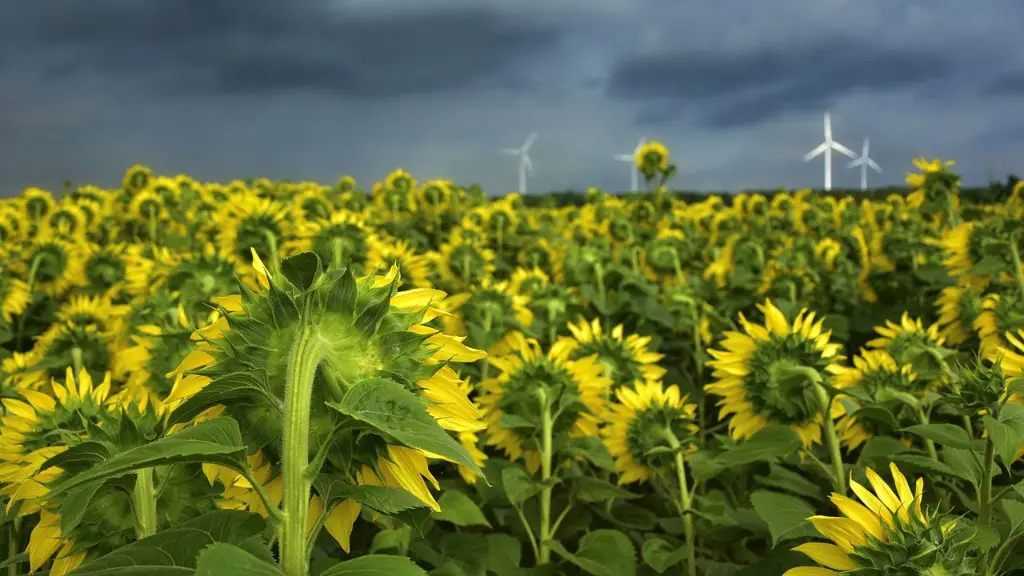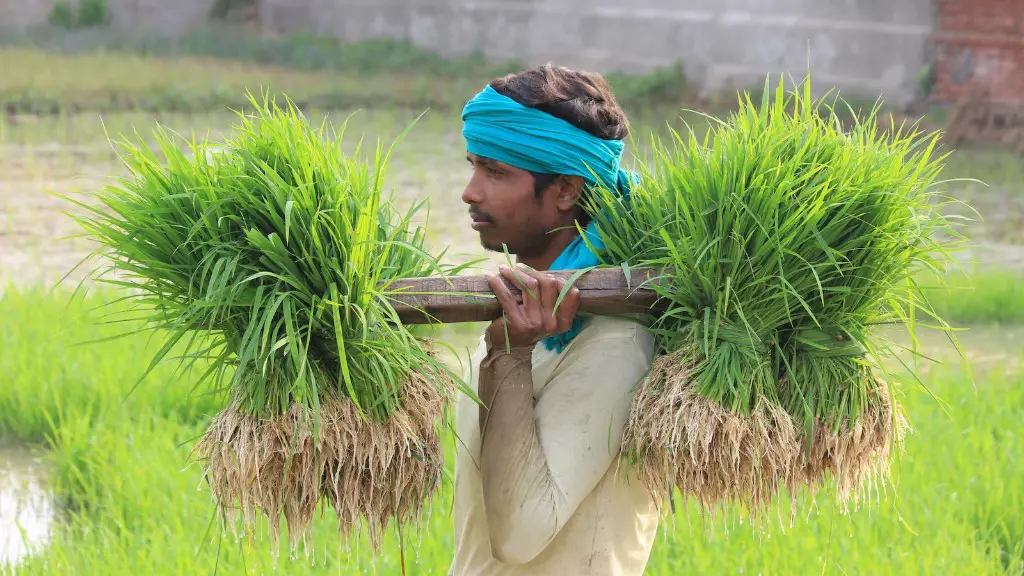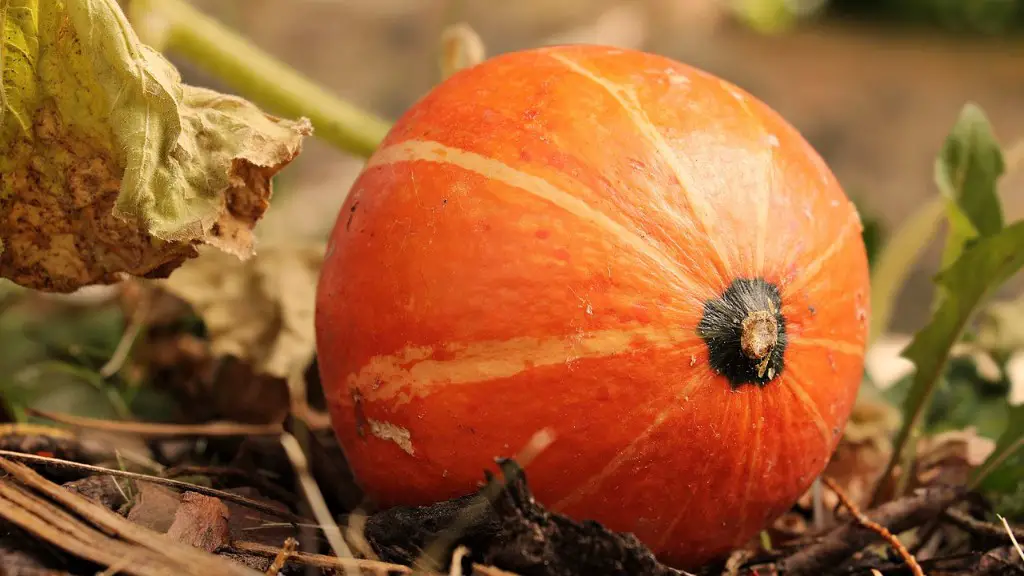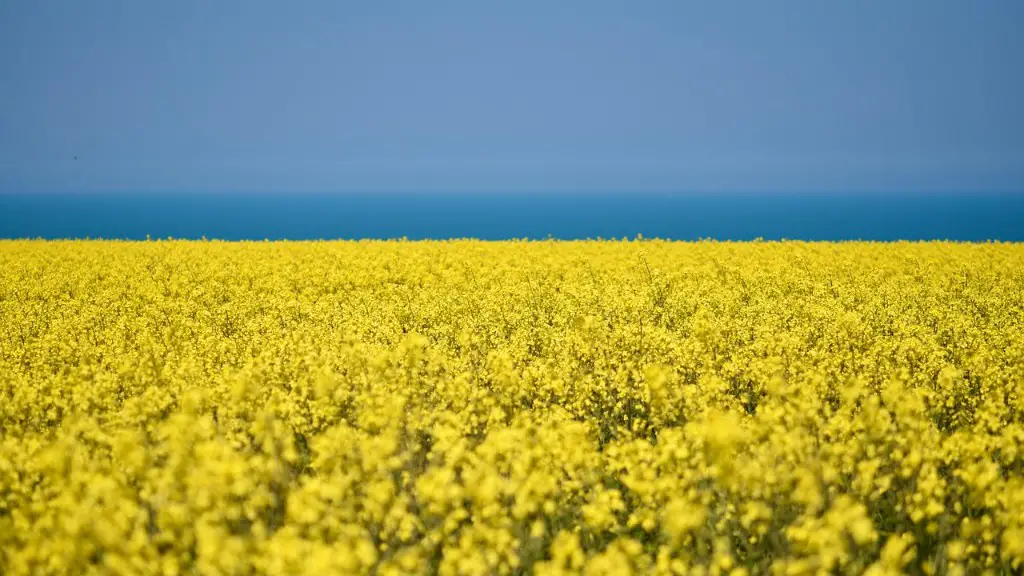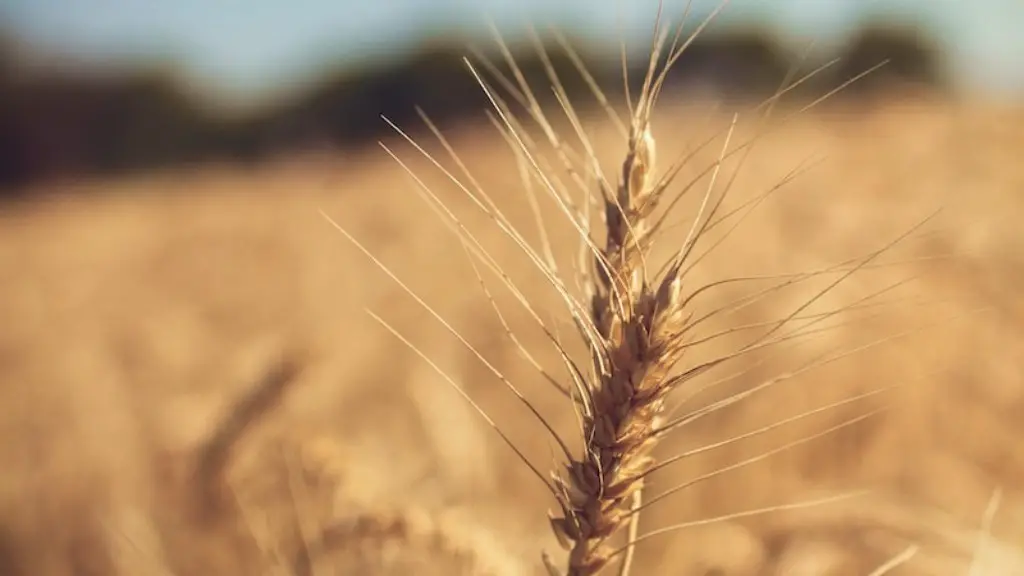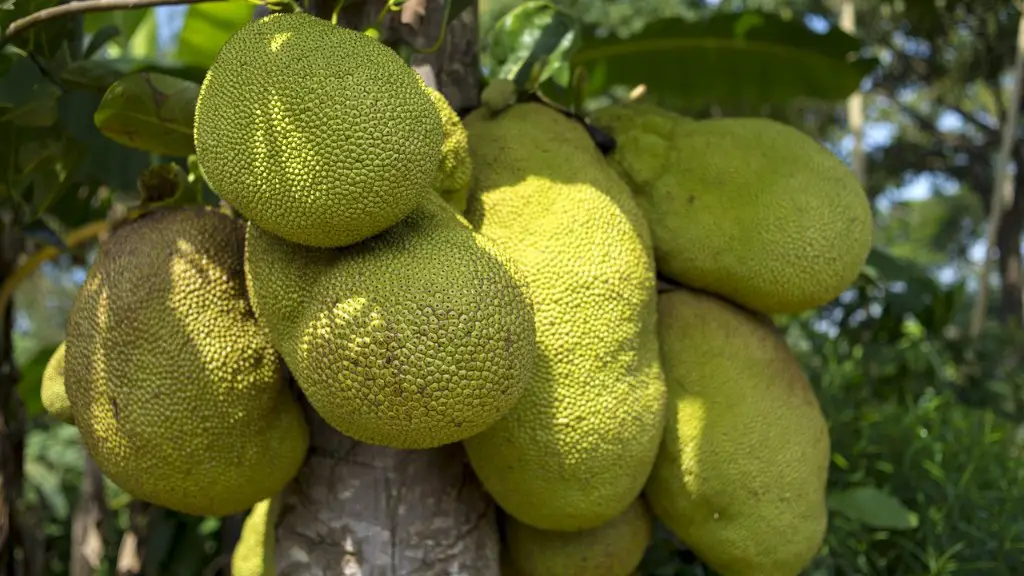Pollinators play a vital role in agriculture by transferring pollen from the male parts of flowers to the female parts, fertilizing the plant. This process, called pollination, is necessary for the plant to produce fruits, vegetables, and seeds. More than 75 percent of the world’s food crops rely on animal pollinators, according to the United Nations’ Food and Agriculture Organization.
Pollinators are important to agriculture because they help to fertilize crops. Without pollinators, many fruits and vegetables would not be able to grow.
What is the importance of pollinators in agriculture?
It is estimated that of the 1,400 crop plants grown around the world, ie, those that produce all of our food and plant-based industrial products, almost 80% require pollination by animals. This means that without bees and other pollinators, we would only be able to grow around 20% of the food that we currently have access to. Not only would this have a devastating impact on the human population, but it would also lead to a significant decrease in the quality of the food that we are able to grow.
Bees are essential to the commercial production of more than 90 crops in the United States. The European honey bee (Apis mellifera) is the most common pollinator of these crops, making it the most important bee to domestic agriculture. However, there are more than 3,600 bee species that live in the US, each playing a vital role in the pollination of our country’s plants and crops.
How much do pollinators contribute to agriculture
One out of every three bites of our food is created with the help of pollinators. This includes fruits, vegetables, chocolate, coffee, nuts, and spices. Pollinators are essential to our food supply and we need to do everything we can to protect them.
Pollinators are animals that help to fertilize plants by transferring pollen from the male organ or stamen to the female organ or pistil. Insect pollinators, such as bees, are by far the most important group of pollinators in most ecosystems, but other groups of animals, such as birds and bats, also play a role in plant pollination. Plants have evolved to attract pollinators with a variety of strategies, including the production of fragrant flowers, the offering of nectar or other rewards, and the use of bright colors to guide pollinators to the flowers.
Humans and other animals depend on pollinators for the production of many nuts and fruits that are essential components of a healthy diet. In fact, pollination is responsible for the reproduction of more than two-thirds of the world’s plants. Unfortunately, pollinator populations are in decline worldwide due to a variety of factors, including habitat loss, pesticide use, and climate change. This decline in pollinators could have serious consequences for the food supply and for the health of ecosystems.
Why helping pollinators is so important?
Pollinators are essential for the health of natural ecosystems. They allow plants to fruit, set seed and breed, which provides food and habitat for a range of other creatures. So the health of our natural ecosystems is fundamentally linked to the health of our bees and other pollinators. Maintaining our native flora also depends on healthy pollinator populations.
Honeybees are important for both crop pollination and honey production. In the United States, they pollinate $15 billion worth of crops each year and produce honey worth $32 million.
What role do pollinators play in crop production?
Pollinators play a vital role in the crop yield process as they are responsible for transferring pollen from one plant to another during cross-pollination. This process is essential for plant reproduction and ultimately for the continued success of crop production. various factors can affect pollinator populations, and it is important to understand how to promote and protect these important creatures.
Pollinators are essential to our ecosystem and we need to do our part to protect them. They help us by providing us with food, preventing soil erosion, and increasing carbon sequestration. We can help them by planting native plants, avoiding pesticides, and providing nesting sites.
What crops depend on pollinators
Bees are an important part of the ecosystem in the US, as they help to pollinate many different crops. without them, many fruits, vegetables and legumes would not be as plentiful.
Animal pollination is a process that involves animals transferring pollen from the male reproductive organs (stamen) of a flower to the female reproductive organs (pistil) of the same or another flower. This process is essential for the reproduction of many flowering plants, as well as the production of many fruits and vegetables.
There are a variety of animals that can act as pollinators, including bees, butterflies, moths, birds, and even bats. However, bees are by far the most efficient pollinators, and are responsible for the pollination of many of the crops that we eat.
Without pollination by animals, many of the fruits and vegetables that we rely on would not be able to grow. This is because pollination is necessary for the transfer of pollen from the male reproductive organs to the female reproductive organs of a flower.
Animal pollination is therefore essential for the production of many of the foods that we eat.
How do pollinators help plants grow and survive?
Pollination is an essential process for many plants in order to reproduce. Pollen from a flower’s anthers (the male reproductive organ of the plant) will rub off or be transferred to a pollinator, who will then transport the pollen to another flower. The pollen will then stick to the stigma (the female reproductive organ) of the flower and fertilization will occur. This process will result in the production of fruit and seeds.
The bees are disappearing and it’s a big problem. If we lose all the plants that bees pollinate, all of the animals that eat those plants will disappear too. This could have a big impact on the human population, as we would have half the amount of fruit and vegetables. We need to do something to save the bees!
What do pollinators do for the environment
Pollinators play a vital role in plant reproduction, making them fundamental to supporting healthy ecosystems In a symbiotic manner, while pollinators help to spread the pollen of plants and allow them to reproduce, plants reward pollinators with nectar. This give-and-take relationship is essential for the continuation of plant and pollinator species and the ecosystems they support.
Bees are one of the most important parts of the biodiversity on which we all depend for our survival. They provide high-quality food—honey, royal jelly and pollen—and other products such as beeswax, propolis and honey bee venom.bees are in danger because of the increasing use of pesticides and herbicides in agriculture, and the destruction of their natural habitats. We need to do more to protect these amazing creatures.
Can we survive without pollinators Why?
hello,
the simple truth is that we literally cannot live without pollinators. they play a vital role in our ecosystem and we rely on them for a variety of things. without pollinators, we would not be able to survive.
Bees are essential for pollination and have a positive impact on the abundance of fruits, pulses, seeds, berries and nuts. This has been proven in numerous studies including apples, blueberries2, strawberries3 to name a few.
Final Words
Pollinators are important to agriculture because they help to fertilize crops. Without pollinators, many crops would not be able to reproduce and would eventually die off. In addition, pollinators also help to improve the quality of fruits and vegetables.
Pollinators play a vital role in agricultural ecosystems by providing pollination services to crops. These services are essential for the production of many fruits, vegetables, and nuts. Without pollinators, these crops would not be able to produce the same levels of yield, and farmers would not be able to meet the demands of the market. In addition to their role in crop production, pollinators also contribute to the health of natural ecosystems. They are a key part of the food web and help to ensure the survival of other plant and animal species.
